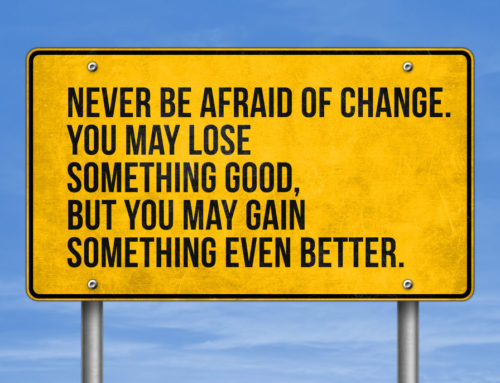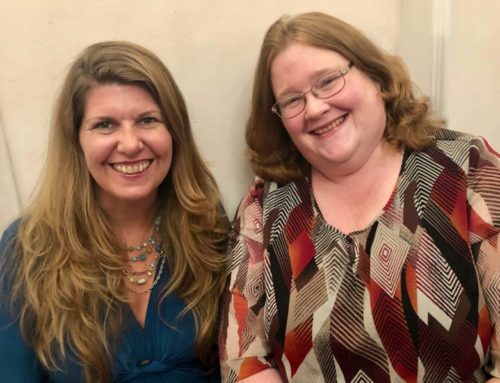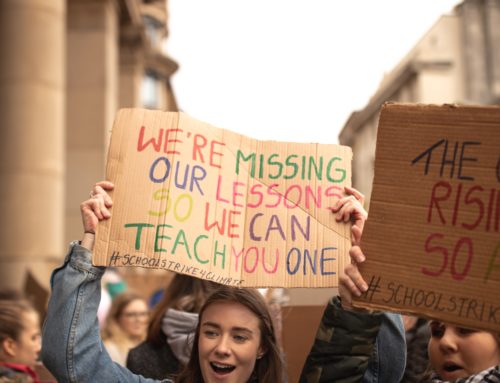Read the following three quotes and see what they evoke in you:
“I don’t know the key to success, but the key to failure is trying to please everybody.” “Pain is temporary. It may last a minute, or an hour, or a day, or a year, but eventually it will subside and something else will take its place. If I quit, however, it lasts forever.” “All great movements are popular movements. They are the volcanic eruptions of human passions and emotions, stirred into activity by the ruthless Goddess of Distress or by the torch of the spoken word cast into the midst of the people.”
Three very different and potentially stirring quotations. They’re the sort of thing you might see written in an interesting font over a photographic background, doing the rounds of social media. This is because they ring true, and their words may be inspiring or comforting to you if they speak to a situation that is happening in your life right now.
So what’s the point here?
These words were spoken – or written – by three men whose names may well make you see their words in a different light. The first one was written by a recent fall-from-grace, Bill Cosby, the second by shamed sportsman Lance Armstrong, and the third by Adolf Hitler.
Read the quotes again, armed with the new knowledge of who said them. What’s your reaction now? The words are the same but it’s likely that your perception of them has changed because you have made a different decision about how to react to them. You hear them differently.
Your difference in reaction to the same words is a lot like what happens when we are at War with someone in our lives. Everything they say or do is received through a different, and likely negative, ‘filter’ so we might read aggression or malice into acts that would probably provoke no such reaction if someone else had done exactly the same thing. We become ‘hard of hearing’ with that person, because we can’t tune into what they are actually saying because we are deafened by our own internal noise.
In the War to Peace workshop, we explore more about how being at War or being at Peace can make a big difference to your perception – and therefore handling – of a conflict situation, which in turn can have big effects on whether that situation escalates or simply moves on.
And those quotations? If they ring true for you, that’s because your truth is reflected in them, whoever said them. It doesn’t mean you approve of the actions of the person who uttered them – and also doesn’t mean that we have to disregard wise words simply because of the person who said them.
Over to you
- Who are you hearing through ‘filtered’ headphones at the moment?
- What one thing could you do to tune into their message without being distracted by who they are and the story you have made up about them? (By the way, we know it feels like your story about them is the whole truth)
- If the words they are saying were spoken by someone you truly valued (or you imagined them being said in a different tone), how differently would you hear them?
Do you know someone who could benefit from War to Peace?
If you, or someone you know, would like to experience and understand more about being at War and learning how to be at Peace, even with the people you find most difficult, our next open-access War to Peace workshop is on 11 March 2016. Spaces sell out quickly, especially our reduced priced tickets, so if you would like to attend, do book yours today.
P.S. Pass it on!
Found this useful? Then please share this article using the icons below and do leave us a comment.
Please leave your name and email address at the top or bottom of this page to receive more articles like this.
©Halcyon Global 2015






Leave A Comment